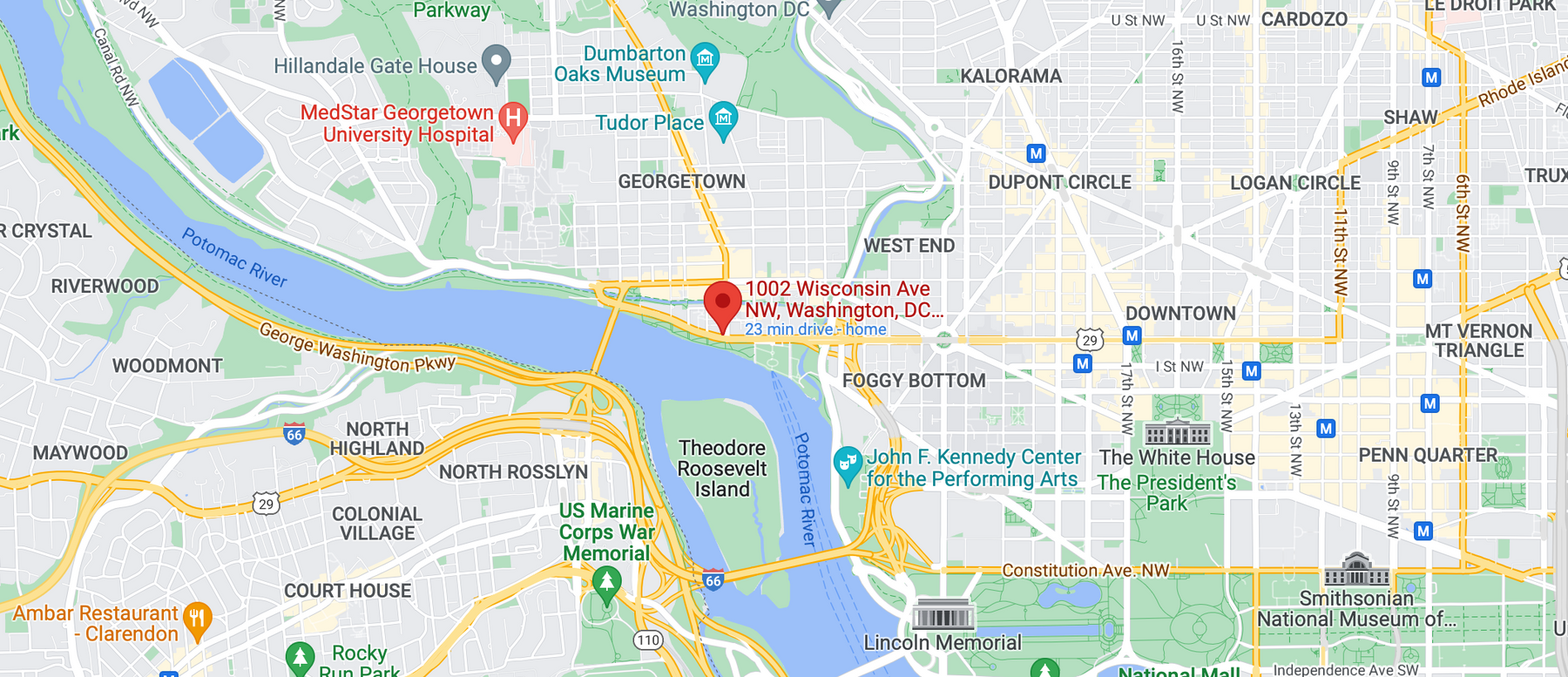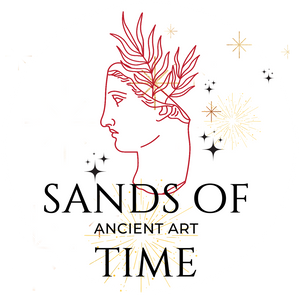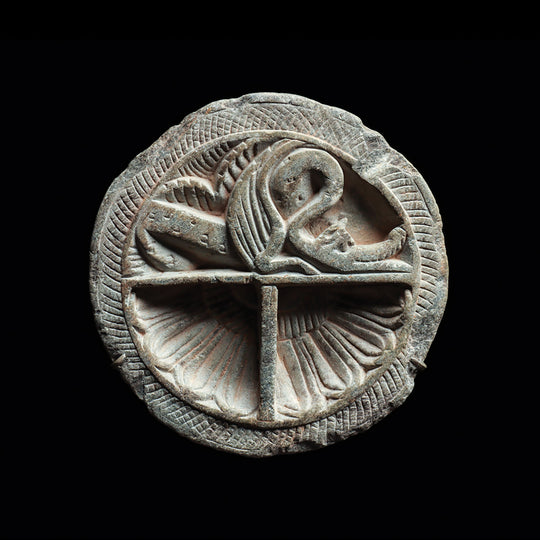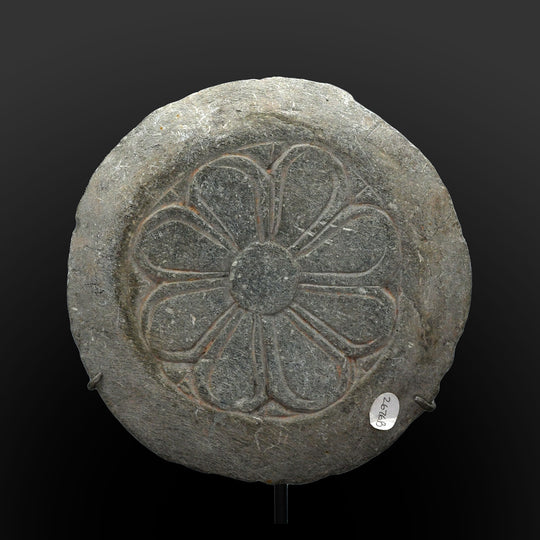You may also like
Come Visit Our Gallery
Any item from this site may be viewed by appointment at our Washington, DC location
Tuesday - Friday between 11 am - 5 pm.
Phone: 202 342 0518

AS2204
Pickup available, usually ready in 2 hours
1002 Wisconsin Ave NW
Front store
Washington DC 20007
United States
+12023420518
Sands of Time provides a lifetime, unconditional guarantee of authenticity and provenance. Every object you purchase from us is accompanied by a Certificate of Authenticity, stating culture, provenance, and age.
Furthermore, we conduct due diligence to ensure the item, to the best of our knowledge, has not been illegally obtained from an excavation, architectural monument, public institution, or private property. Wherever possible, reference is made to existing collections or publications.Wherever possible, reference is made to existing collections or publications.
We ship Tuesday to Friday with FedEx and usually same day if your order is received before 2pm. Within the continental USA, packing, shipping and insurance is free. Depending on size and destination, delivery times range from one to five business days.
For overseas shipments we charge a small flat rate which includes packing, preparation of all customs paperwork, insurance and carrier fees in compliance with all USA and International customs requirements. Overseas shipments are sent using either USPS Priority Mail or FedEx but contact us if you have a shipping preference. International customers are responsible for all duties and taxes.
Any item from this site may be viewed by appointment at our Washington, DC location
Tuesday - Friday between 11 am - 5 pm.
Phone: 202 342 0518

The rare, the interesting and the exceptional. Browse our curated selection of special objects...
Birthdays, anniversaries, holiday season, celebrations, we're sure to have that special something.
Just want to see what has recently been added to the website? Check out our latest additions here...





